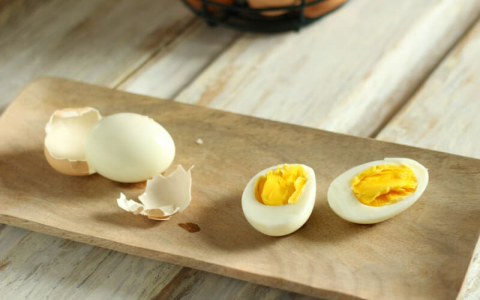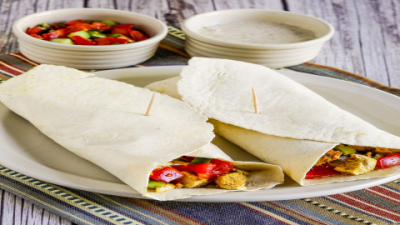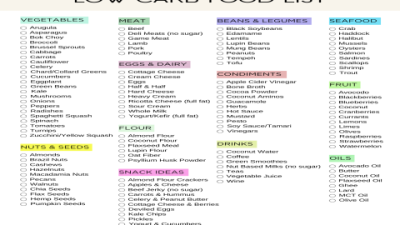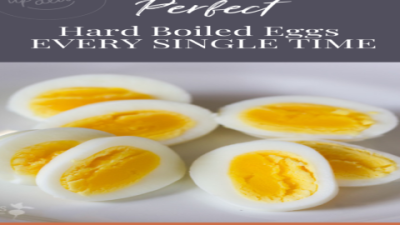Hey there, egg fans! Have you ever wondered, “How long are eggs good after laid?” Maybe you’ve opened the fridge and hesitated, wondering if that egg is still fresh enough to use. Well, you’re not alone. Knowing how long eggs stay fresh after they’re laid is super important—not only to avoid wasting food but also to keep your meals safe and tasty. Whether you’re cracking eggs for breakfast or baking your favorite cookies, freshness really makes a difference.
So, let’s dive into the cool science behind egg freshness and share some handy tips so you’ll always know what’s up with those eggs in your fridge. Ready? Let’s get cracking!
What Actually Happens to an Egg Once It’s Laid?
Right after a hen lays an egg, it’s at its freshest point. But as time ticks on, natural changes start happening inside that little shell.
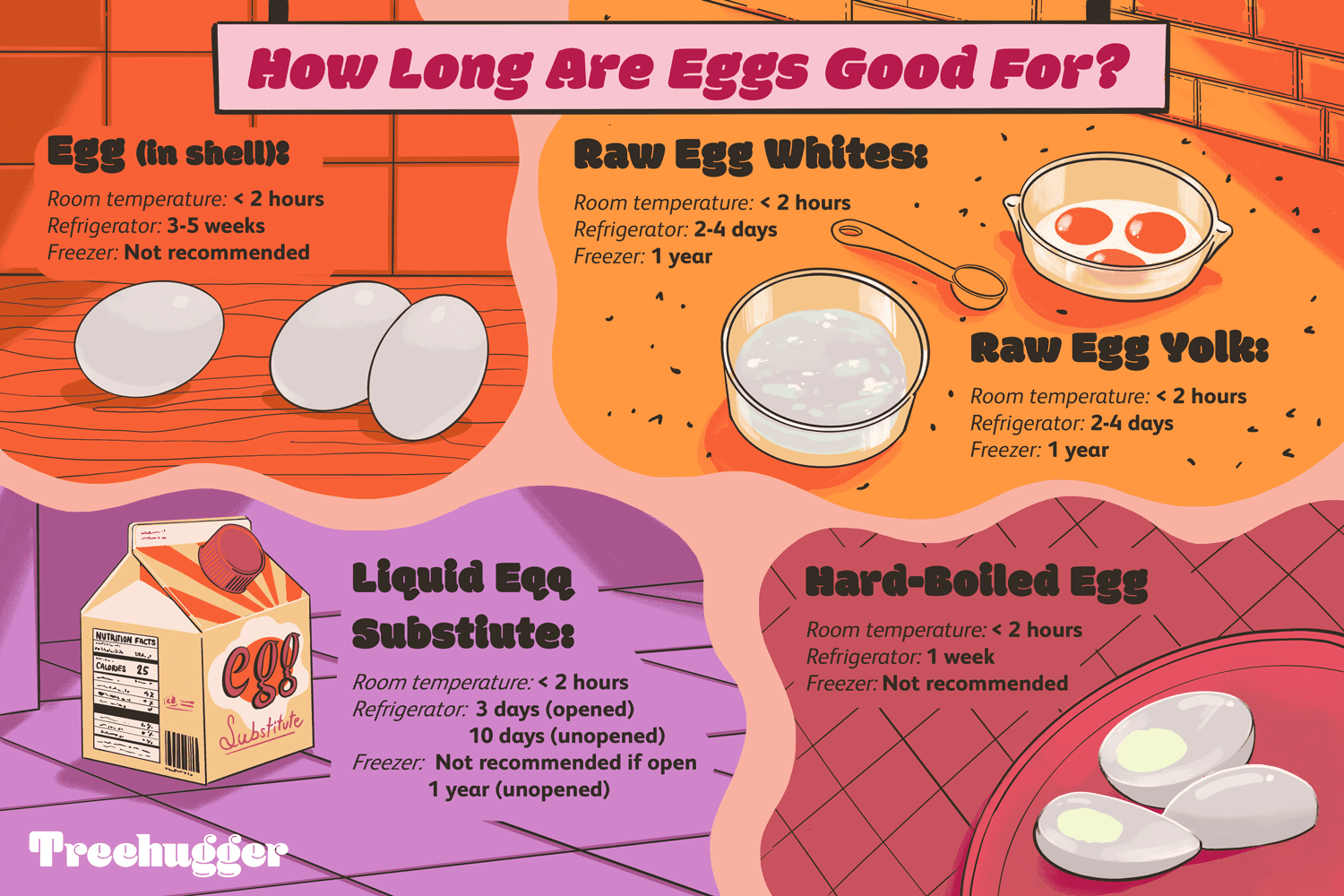
- The Bloom: Eggs have a natural protective coating called the "bloom" or cuticle. Think of it like an invisible shield that keeps dust, bacteria, and moisture out.
- Water Loss: Over time, eggs slowly lose water through their shells. This causes the inside to change—the white gets thinner and the yolk may start to flatten.
- Air Cell Growth: Every egg has a small air pocket, and this gets bigger as the egg loses moisture, which is a sign it’s aging.
- Bacteria Risks: If eggs aren't stored properly, bacteria can sneak in and cause spoilage.
The moment an egg is laid, the countdown for freshness begins. But how fast or slow it loses quality depends a lot on how it’s stored.
Your Egg Freshness Timeline: What to Expect Day by Day
So, how long can you actually keep eggs after they’ve been laid? Here’s a simple snapshot of what happens over the weeks:
| Time After Laid | What’s Happening Inside | Freshness Level |
|---|---|---|
| Days 1-7 | Egg is super fresh with the protective bloom intact. | Perfect for anything you want! |
| Weeks 2-3 | The bloom starts wearing off, air pocket grows a bit. | Still great for cooking. |
| Weeks 4-5 | Egg white thins, yolk flattens slightly. | Good for baking and hard boiling. |
| Weeks or More | Air cell is pretty big, chance of spoilage rises. | Use ASAP or toss it. |
Quick tip: super fresh eggs are easier to peel when hard boiled and taste better if you like your eggs runny or raw.
Easy Ways to Tell If Your Eggs Are Still Fresh
Wondering if your eggs are still good? Here are some simple, quick tests you can do at home:
- The Float Test: Drop the egg in a bowl of water. If it sinks and lies flat, it’s fresh. If it stands up or floats, it's time to say goodbye.
- Smell Check: Give the egg a sniff after cracking it open. Fresh eggs don’t have a smell. If you get a sulfur or rotten odor, toss it.
- Shell Inspection: Look for cracks, sliminess, or powdery spots—these can mean mold or bacteria.
- The Light Test (Candling): Hold the egg up to a bright light in a dark room. Fresh eggs have small air pockets; older ones have bigger bubbles inside.
- Shake It Up: Gently shake the egg near your ear. Hearing a sloshing sound? That means it’s likely old.
Science-Approved Tests You Can Try at Home (No Lab Gear Needed!)
If you love the science behind it, here are some facts about how experts measure egg freshness, even though you may not do this at home:
- pH Levels: Fresh egg whites are slightly acidic. Over time, as eggs age, their pH rises because they lose moisture.
- Albumen Thickness: Scientists check how thick the egg white is. The thicker, the fresher the egg.
- Microscope Checks: Spoiled eggs often show bacterial growth under a microscope, which obviously isn’t something you’d do in your kitchen!
How to Keep Your Eggs Fresh Longer: Storage Tips That Really Work
Now that you know what’s happening inside the egg, let’s talk about how to keep them fresh for as long as possible:
- Chill Out: Keep eggs in the fridge at around 40°F (4°C). Cold temps slow down aging.
- Don’t Wash Right Away: If you buy farm-fresh eggs, don’t wash them immediately. The natural bloom helps keep them safe.
- Use the Carton: Keep eggs stored in their carton to prevent them from absorbing fridge smells and to protect from bumps.
- Pointy End Down: Store eggs with the pointed end facing down. It helps keep the yolk centered and air pocket stable.
- Away from Strong Smells: Eggs soak up odors easily, so keep them away from things like onions or garlic.
Your Quick Egg Freshness Cheat Sheet
- Eggs are at their freshest in the first week after laying.
- They can remain good for up to weeks if refrigerated properly.
- Use the float and smell test to quickly check if eggs are still safe.
- Store eggs in the fridge with the pointy end down and keep them in the carton.
Wrap-Up: Be the Egg Freshness Boss in Your Kitchen
Eggs are a breakfast hero and kitchen MVP. Knowing how long they’re good after being laid helps you save money, eat safely, and make tastier food. With these freshness secrets, simple tests, and storage hacks, you’ll never guess wrong again.
So next time you reach for an egg, you’ll be ready to pick the freshest one for your meal. Happy cooking, and don’t forget—fresh eggs make everything better!
